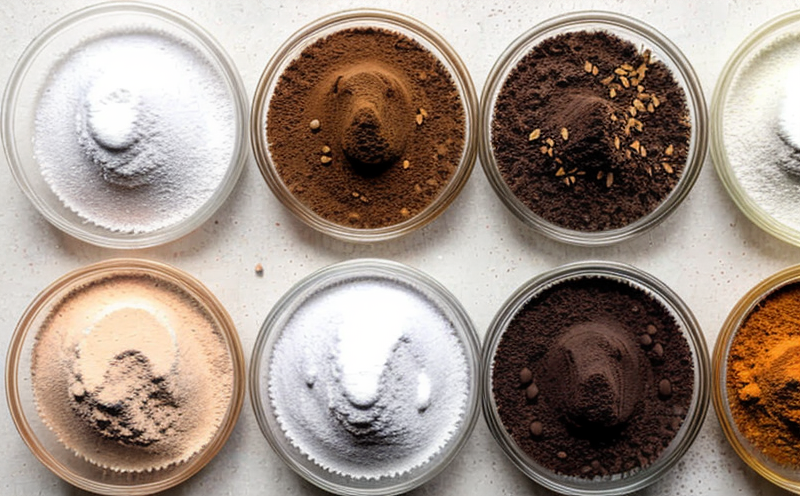AOAC 975.14 Aspartame Analysis in Beverages
The analysis of aspartame in beverages using AOAC 975.14 is a critical process for quality assurance, compliance, and consumer safety within the food and feed industry.
Aspartame, commonly found in diet sodas and other low-calorie products, is an artificial sweetener composed of aspartic acid and phenylalanine. Its stability can be affected by various factors such as temperature, pH levels, and storage conditions, making accurate measurement essential for product quality control.
The AOAC 975.14 method involves the extraction of aspartame from beverages followed by quantification using high-performance liquid chromatography (HPLC). This method ensures precision and accuracy in determining the concentration of aspartame within specified limits set by regulatory bodies like the European Food Safety Authority (EFSA).
Our laboratory adheres strictly to international standards such as AOAC 975.14, which guarantees that our clients receive reliable results that comply with global food safety requirements.
The process begins with thorough sample preparation where beverages are diluted according to specified protocols outlined in the method. This step ensures homogeneity and prevents any potential interference during analysis.
Subsequently, the extracted samples undergo chromatographic separation before detection using UV-visible spectroscopy. The identification of aspartame is based on its characteristic retention time and absorbance spectrum.
Accuracy in this procedure depends heavily upon proper calibration of the HPLC instrument. Our team uses state-of-the-art equipment calibrated regularly to ensure consistent performance across all analyses.
Once analyzed, raw data are processed using software compatible with the AOAC 975.14 guidelines. This includes calculation of recovery rates, identification of peaks corresponding to aspartame, and comparison against reference standards provided by reputable sources like the World Health Organization (WHO).
The final report provides detailed information about the concentration levels detected in each sample analyzed along with any deviations from expected values due to processing conditions or product variations.
By utilizing this rigorous analytical approach, we not only meet but exceed industry expectations regarding accuracy and reliability. This ensures that our clients can confidently rely on these results when making decisions related to formulation adjustments, regulatory submissions, or marketing strategies involving aspartame-containing products.
Benefits
Utilizing the AOAC 975.14 method offers several advantages for companies involved in beverage production and distribution:
- Regulatory Compliance: Ensures that all products meet stringent standards set by regulatory authorities worldwide.
- Quality Assurance: Provides reliable data on aspartame content, helping manufacturers maintain consistent product quality.
- Risk Management: Identifies potential issues early in the production process, minimizing risks associated with non-compliant products.
Eurolab Advantages
We pride ourselves on offering unparalleled expertise and advanced capabilities in food & feed testing services. At Eurolab, our team comprises highly qualified professionals who have extensive experience in applying the latest techniques to ensure accurate results.
- ISO/IEC 17025 Accreditation: Our facilities meet international standards ensuring reliability and precision of every test conducted.
- State-of-the-Art Equipment: We leverage cutting-edge technology to deliver high-quality analyses that are both fast and accurate.
Environmental and Sustainability Contributions
Incorporating sustainable practices into our operations not only benefits the environment but also enhances corporate social responsibility initiatives. By providing precise measurements of aspartame content, we contribute to reducing unnecessary waste in packaging materials while maintaining product integrity.





